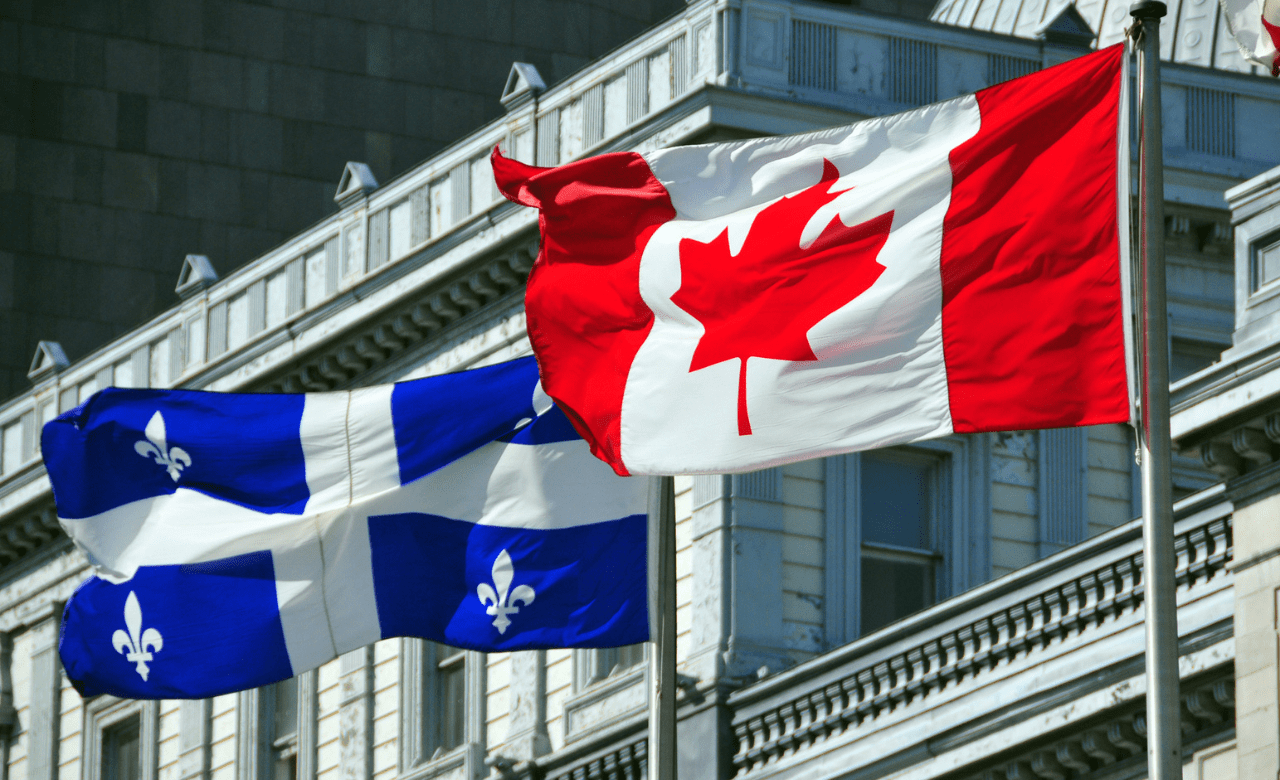About The Project
The Office of the Commissioner of Official Languages (OCOL) promotes linguistic duality and protects the rights of official language minority communities in Canada. Recently, the English-speaking communities of Quebec (ESCQ) have been at the centre of some public discourse and debate. Despite evidence that many Anglophones speak French and are engaged with French culture, myths and misconceptions to the contrary have persisted. Seeking to build on previous successful research with our team on official-language issues, OCOL turned to Environics Research to further explore and understand the perceptions and realities of the ESCQ. This case study highlights the approach, findings, and impact of this project, which aimed to inform strategic communications and policy recommendations by OCOL. The findings reveal that Francophones and Anglophones in Quebec appear to get along on an individual basis far better than media commentary and political discourse often suggest.

Quebec Anglophones play a significant role in the province’s social fabric. However, myths and misconceptions about their linguistic and cultural isolation persist, despite many being bilingual and actively engaging with culture in French. These misconceptions contribute to concern among Francophones about the long-term survival of the French language in Quebec. Building on past insights, OCOL sought to clarify these perceptions and better understand the potential role of Quebec Anglophones in promoting French in Quebec and across Canada. This research provided an opportunity to bridge the gap between perceptions and realities, shedding light on the relationship between Quebec Anglophones and the French language, and helping to develop a more accurate and therefore constructive narrative about their socio-economic status, linguistic realities, and cultural engagement.





